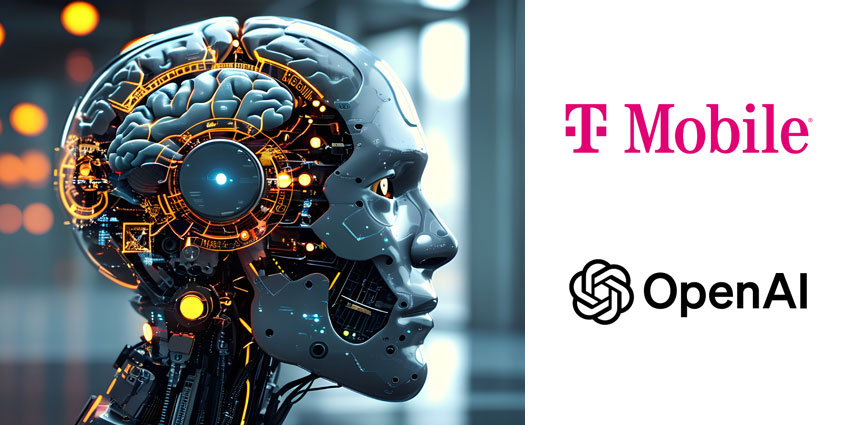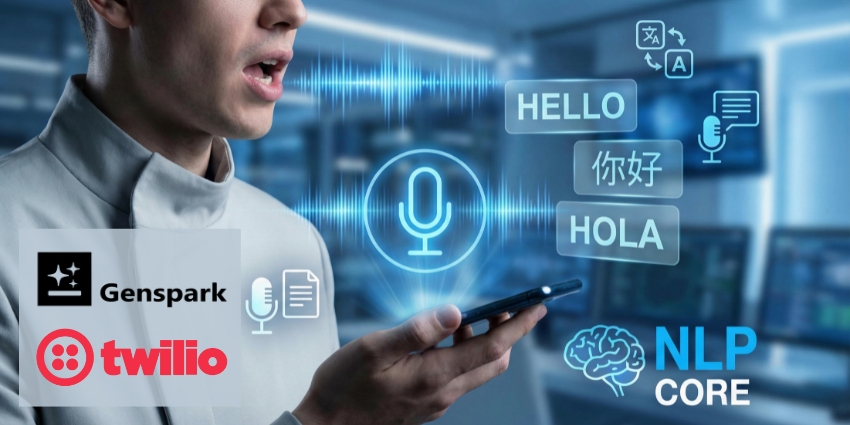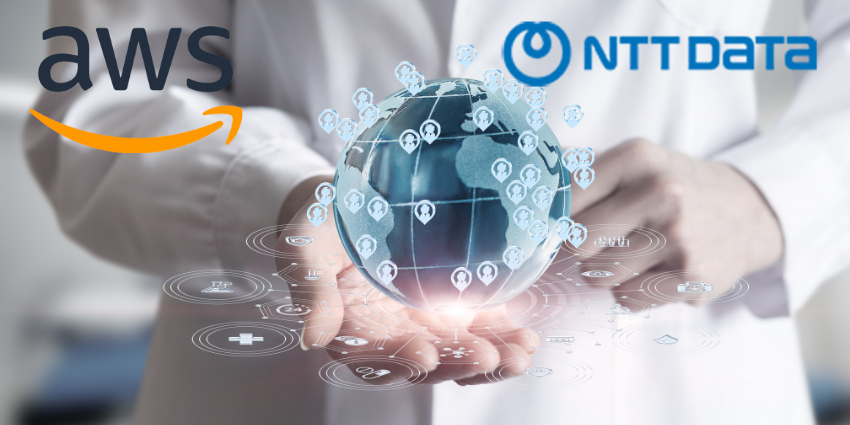T-Mobile claims that it – with help from OpenAI – is building the “first-ever” intent-driven AI-decisioning platform for customer experience: IntentCX.
The platform couples a real-time understanding of customer intent and sentiment with a “meaningful understanding and knowledge” of the customer to share personalized next best actions.
In doing so, it will guide both virtual and live contact center agents and – according to T-Mobile – take proactive actions on their behalf.
T-Mobile has reportedly set an internal goal to reduce its customer service calls by 75 percent with IntentCX.
Yet, that’s not only by intercepting issues with AI. To achieve this target, T-Mobile hopes to use the intent data to understand how problems start in the first instance and stop them before escalation.
In doing so, T-Mobile hopes to apply “the most advanced technology” to reimagine customer journeys, enhance back-stage processes, and create a blueprint for success.
These intentions are ambitious, especially around call volume reduction. Indeed, recent Gartner research found that 61 percent of customer support leaders expect generative AI (GenAI) to reduce their agent headcount by less than five percent.
However, Mike Sievert, CEO of T-Mobile, promised that the platform will “revolutionize how customer love is shown across our industry.” He continued:
IntentCX is much more than chatbots. Our customers leave millions of clues about how they want to be treated through their real experiences and interactions, and now we’ll use that deep data to supercharge our care team as they work to perfect customer journeys.
How T-Mobile plans to organize that data will be mission-critical for IntentCX to flourish.
Nevertheless, the company promises a “meaningful leap” from today’s next best action solutions, which pre-program customer intents and match them to a limited set of responses.
Speaking to this at T-Mobile Capital Markets Day 2024, Sievert said:
This model is more human-like, listening to the customer’s real intentions and using massive data pools to optimize their journey with T-Mobile. This allows us to tap into millions of success and failure cases generated by both AI and humans.
In doing so, T-Mobile hopes IntentCX will enable live and virtual agents with “actual solutions” to customer solutions instead of just AI-summarized data.
The ability to customize that solution to the individual customer is also an exciting part of the solution.
Yet, another facet that shouldn’t be overlooked is the data privacy guarantees that OpenAI provides. Indeed, the generative AI giant doesn’t train its models on customer data from its APIs.
As such, T-Mobile’s data will remain theirs, and their customers’ data will stay theirs. That’s a critical point, especially given the recent lawsuits within the contact center space.
During an interview at T-Mobile Capital Markets Day, Sam Altman, CEO of OpenAI, doubled down on this before sharing his excitement about how ChatGPT will improve customer experiences at T-Mobile and beyond.
“We shared a belief in what this new technology could do for customers, creating better experiences and improving lives,” said Altman. “T-Mobile’s innovative and experimental spirit was also key.
Specifically, the use cases we discussed, like reimagining customer support, got me excited. I remember leaving our meeting thinking: “We’re going to do this. Let’s throw our best people at it.
Alongside T-Mobile, many other brands have embraced the potential of embedding OpenAI LLMs within their customer experiences, with Klarna perhaps the most prominent example.
After claiming its OpenAI-powered bot does the work of 700 full-time contact center agents earlier this year, Klarna revealed plans just last week to shut down its Salesforce and Workday systems and replace them with “a simpler tech stack created with AI.”
While that’s an extreme example, other contact center operations are leveraging the technology to achieve smaller gains, like in the post below.
Of course, other projects haven’t gone so well. NYC’s GPT-powered bot that told small business owners to break the law springs to mind.
Nevertheless, with IntentCX, T-Mobile has a much more comprehensive strategy and is actively testing the platform to incorporate it into its business plans.
The wireless provider will then begin implementing the platform in 2025, with a strategy to continually advance the offering with OpenAI’s latest LLMs.
OpenAI’s research and development will work alongside T-Mobile as part of a multi-year agreement to aid this process and advance IntentCX.
Will it reach the stage of reducing T-Mobile’s call volumes by 75 percent? Only time will tell.








